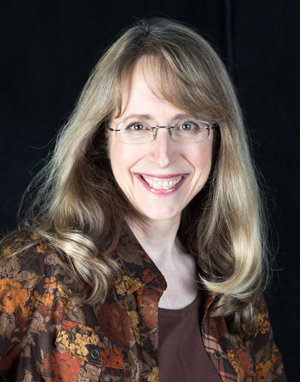Podcast: Download (53.7MB)
Subscribe: RSS
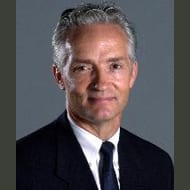 Ralph C. Hancock earned his Bachelors from Brigham Young University and his M.A. and Ph.D. from Harvard University, all in political science. Prior to joining the faculty at Brigham Young University, where he is now a professor of political science, he taught at Hillsdale College in Michigan (1982-1986) and the University of Idaho (1986-1987). Ralph is (at the time of this interview) the President of the John Adams Center for the Study of Faith, Philosophy an Public Affairs.
Ralph C. Hancock earned his Bachelors from Brigham Young University and his M.A. and Ph.D. from Harvard University, all in political science. Prior to joining the faculty at Brigham Young University, where he is now a professor of political science, he taught at Hillsdale College in Michigan (1982-1986) and the University of Idaho (1986-1987). Ralph is (at the time of this interview) the President of the John Adams Center for the Study of Faith, Philosophy an Public Affairs.
Ralph Hancock e is also one of the founders of the LDS Web journal SquareTwo (http://squaretwo.org/) and a member of its editorial board. His current focus is on meaning and the limits of philosophy in relation to politics, ethics, and religion, and has started a series of articles with Meridian Magazine. He is here today to talk about a soon-to-be-released introductory article to that series with Meridian entitled An Invitation to Help Advance the Pursuit of Truth as it Concerns our Way of Life.
Questions we address in this interview:
You are not a new voice in the dialogue and effort to defend the LDS Faith online. This effort with Meridian Magazine starts about how many years deep into your online efforts?
So when Elder Bednar spoke at BYU Education Week about flooding the earth with messages online, messages of righteousness and truth, what was your response?
I don’t mean to put you in a box, but in my reading of some of your past history of articles, you seem to want to be correcting perceptions, or narratives that are out there. You represent what many would place as a conservative voice. I use that term because of your political science training would have you experience many titles or compartments for certain perspectives. How do you classify yourself, or at least your online voice?
Speaking of terms, or tags, or social constructs, your article addresses several other token terms that are often used in the discourse, even critically of the Church? What are some of the those terms that you single out in the article, and why?
Typical LDS apologetics doesn’t always venture into matters of political discourse because the Church itself declares political neutrality. Perhaps we could blame it on your day job, but your new article series seems to approach the idea of apologetics but more from a cultural and political defense as opposed to a debate based on doctrinal interpretations or historical research. I believe you even refer to this as being called Moral Apologetics or perhaps “anti-ideological apologetics.” Perhaps you could explain further what you mean behind this categorization?
I want to share a quote from the article, to give a flavor of what people can expect, but also to ask a follow up question, but in speaking of the opposition voice that some encounter in online discourse surrounding Mormonism, its culture and teachings, you state, “I should add here that these forces will not just go away, and they will not leave us alone. It is comforting to think that we can simply agree to disagree with elements of our society that wish, for example, to redefine the “family” out of existence. But we will not be able to avoid the effects of the dominance of the new ideology. We see them already in the way this ideology tends to undermine the moral categories even of active Church members whose roots are not deep and strong enough. But even those whose beliefs are not undermined from within will find their religious practice constrained more and more by the dominant ideology. There is no way that religious freedom can be safe in a society in which traditional believers are regarded as “bigots.”
Another quote that I find to be rather accute to many of the church who wonder how they may more fully engage in what Elder Bednar admonished regarding entering the fray as some may see it by opening their mouths online. Her is the quote, “Others may wish to support Church teachings concerning morality and the family but would rather do so privately, even silently, leaving such controversial matters to Church authorities, conceding perhaps that reason has little to say in this area. This is a question that would require much further discussion. For now I will only say that I think it is a big mistake to concede the title of rationality to the proponents of radical equality and freedom, and thus implicitly abandon core moral principles and teachings concerning the family to the realm of some blind obedience.”We have time, let’s give this question further discussion. First off, do you find this mentality of avoidance amongst active members a common position?
Your article was an invitation, perhaps even an extension of Elder Bednar’s invitation, but your invitation seems a bit more focused. How is your article, as the title implies, an invitation and to whom?
Ralph Hancock is a BYU Professor in Political Science and is bravely engaging in a new project with Meridian Magazine into moral apologetics.
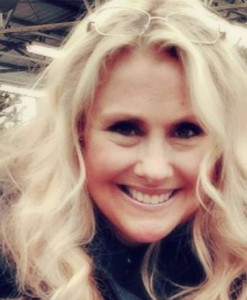
 niversity with a degree in Journalism with an emphasis in public relations and corporate communications. After graduating she interned for the Church Public Affairs Office and also worked for the Church’s Office of International and Governmental affairs in Washington D.C.
niversity with a degree in Journalism with an emphasis in public relations and corporate communications. After graduating she interned for the Church Public Affairs Office and also worked for the Church’s Office of International and Governmental affairs in Washington D.C.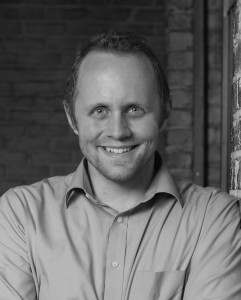



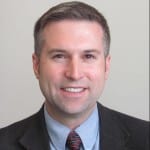 Rick Anderson is Associate Dean for Scholarly Resources & Collections in the J. Willard Marriott Library at the University of Utah. He earned his Bachelors and Masters in .Library Information Systems degrees at Brigham Young University. He serves on numerous editorial and advisory boards and is a regular contributor to the Scholarly Kitchen blog and to Library Journal’s Academic Newswire.
Rick Anderson is Associate Dean for Scholarly Resources & Collections in the J. Willard Marriott Library at the University of Utah. He earned his Bachelors and Masters in .Library Information Systems degrees at Brigham Young University. He serves on numerous editorial and advisory boards and is a regular contributor to the Scholarly Kitchen blog and to Library Journal’s Academic Newswire.